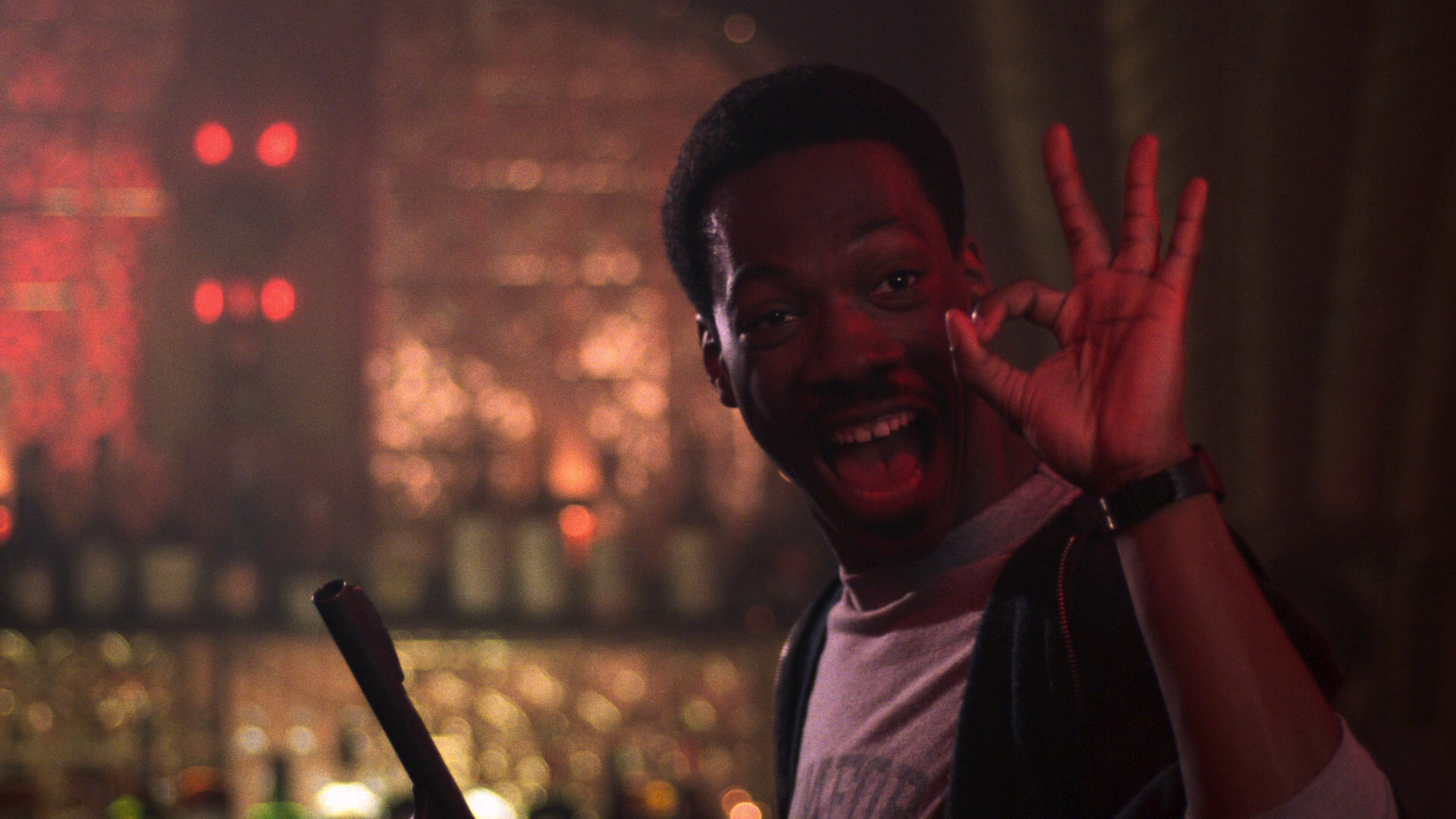**/****
starring Harrison Ford, Josh Hartnett, Keith David, Lena Olin
screenplay by Robert Souza & Ron Shelton
directed by Ron Shelton
by Walter Chaw The kind of movie where a cop who calls himself "Smokey" is referring to Smokey Robinson (more to the point, the kind of movie where Smokey Robinson makes a cameo), Ron Shelton's Hollywood Homicide is a diary of decline made by aging filmmakers and aimed at an aging audience. Shelton returns to the old guy/young guy/slut dynamic of Bull Durham while Harrison Ford turns in what is possibly the first "old guy" performance of his career–one that pings poignantly off his patented "weary bemusement" shtick before a finale (a comedy of humiliation) that functions as the only part of the film that really works. Sandwiched between the standard buddy/too-convenient-crime caper formula set-up and that deliriously good conclusion is a laboured exercise in forced bonhomie and a mysterious existential melancholy that feels a great deal like a tired exhalation. Hollywood Homicide is an extraordinarily average film that has something of a distinct, dark intimation nudging at its corners. A shame the Ron Shelton of today is not the Ron Shelton of Cobb.
Joe Gavilan (Ford) is a grizzled L.A. detective who dabbles in real estate on the side. His young partner Calden (Josh Hartnett) has an ex-cop ex-dad who was probably killed by bad cop Dwight Yoakam–said villain's involvement with the murder of an up-and-coming hip-hop group a matter of fact in these films in which it appears there are only ever two bad guys working in all of Los Angeles, and both have managed to be involved in some ancestral blood feud with a pair of quirky law-enforcement buddies. Completely superfluous and easily deleted (separating her from Susan Sarandon's character in Bull Durham) is Lena Olin as a radio psychic shtupping Gavilan, having once shtupped Gavilan's arch-enemy, internal affairs grimacer Bennie (Bruce Greenwood, sadly underused).
When a character steps off stage during a play to answer his cell phone, Hollywood Homicide comes as close as it ever will to being much of a satire of Hollywood itself, as well as the state of modern viewership–having Gavilan negotiate a real-estate deal while involved in a high-speed chase is just desperation to fashion something smart out of something fatigued. (The problems of the film start with the cross-purposes of one screenwriter (retired LAPD dick Robert Souza) who is interested in mechanics, and another (Shelton) most likely interested in being a wise-ass. Note the Lou Diamond Phillips cameo as a case in point.) Having stars drop in either as themselves (Robert Wagner) or some stock character (Gladys Knight, demoted in the film to Motown back-up singer) handily kicks the audience out of the film with murmurs and elbow-nudging. The end result of which is a picture neither post-modern nor wise, but childish and tiresome. Indeed, Hollywood Homicide's greatest crime is that for long stretches, it's astonishingly boring.
At the end, however, after some falderal about repo men and a few embarrassed moments from Martin Landau as an old movie producer and Eric Idle as probably himself, a chase ensues during which Ford allows himself to appear decrepit and ridiculous. Unable to execute an official carjacking, Gavilan is forced to steal a little girl's bicycle before intimidating an old woman out of her taxicab. Best, the inevitable comeuppance for the villain comes atop another L.A. rooftop (like the one where Deckard battled Roy Batty in Blade Runner) as the result of what appears to be Gavilan's own premature decrepitude. The themes of aging and death aren't examined much beyond a gloss here and again (the juxtaposition of Ford and his libido against Hartnett's, the moonlighting gig that hints at retirement, the Landau cameo that mourns the passing of an age), but the most compelling look might be the sight of the quintessential movie male huffing for air and fighting with little girls. Hollywood Homicide is exactly what it appears to be, caught between madcap and method in a twilight zone of several careers. It's a kind of timid comeback (to the macho buddy comedy for Shelton, to the straight action film for Ford), and it's that timidity that blunts the film from being a good comedy, a good satire, or a good action film–but the hint that it could have been something better is what truly disappoints. Originally published: June 13, 2003.


